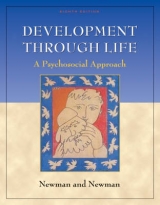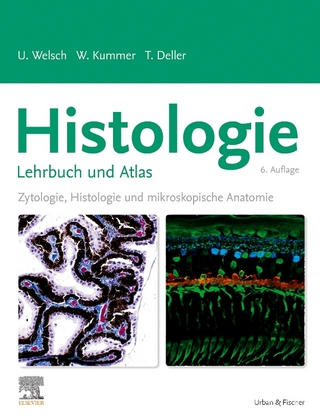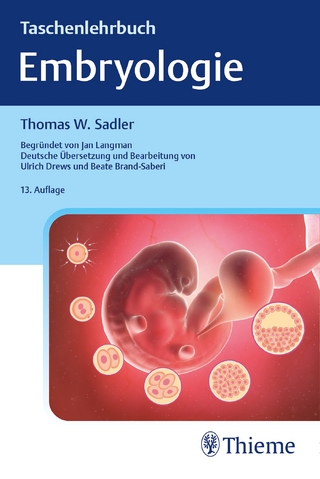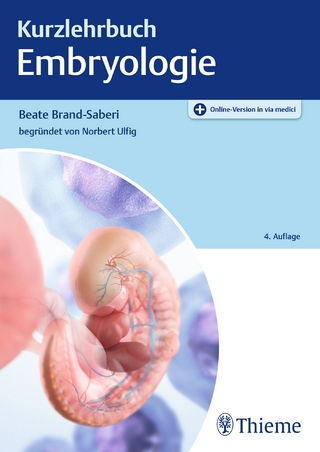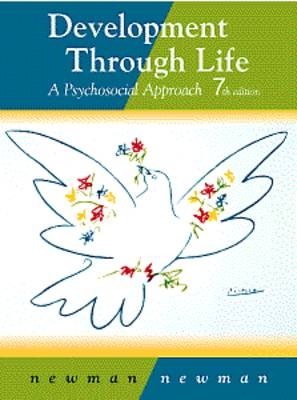
Development Through Life
Brooks/Cole (Verlag)
978-0-534-35798-6 (ISBN)
- Titel erscheint in neuer Auflage
- Artikel merken
Using themes of continuity and change at each of 11 life stages from conception through death, the Newmans discuss human development covering physical, intellectual, emotional, and social development. Psychosocial theory provides a conceptual framework for the text as the authors highlight the continuous interaction of individual competencies with the demands and resources of culture.
1. THE DEVELOPMENT THROUGH LIFE PERSPECTIVE. Assumptions of the Text. A Psychosocial Approach: The Interaction of the Biological, Psychological, and Societal Systems. The Scientific Process. 2. PSYCHOSOCIAL THEORY. What Is a Theory? The PSYCHOSOCIAL Perspective. Basic Concepts of Psychosocial Theory. Evaluation of Psychosocial Theory. The Life Span. Chapter Summary. References. Case Study: Rose. 3. MAJOR THEORIESFOR UNDERSTANDING CHANGE. The Theory of Evolution. Cognitive Development Theory. Theories of Learning. Cultural Theory. Social Role Theory. Systems Theory. Chapter Summary. References. 4. THE PERIOD OF PREGNANCY AND PRENATAL DEVELOPMENT. Genetics and Development. Genetic Sources of Individuality. Genetic Technology and Psychosocial Evolution. Evaluating the Impact of Heredity on Behavior. Normal Fetal Development. The Birth Process. The Mother, the Fetus, and the Psychosocial Environment. Applied topic: Abortion. Summary. References. 5. INFANCY (FIRST 24 MONTHS). Newborns. The Development of Sensory/Perceptual and Motor Functions. Attachment. Sensorimotor Intelligence and Early Causal Schemes. Understanding the Nature of Objects and Creating Categories. Emotional Development. The Psychosocial Crisis: Trust versus Mistrust. The Central Process for Resolving the Crisis: Mutuality with the Caregiver. The Prime Adaptive Ego Quality and the Core Pathology. Applied Topic: The Role of Parents. Chapter Summary. References. 6. TODDLERHOOD (AGES 2 AND 3). Developmental Tasks. The Psychosocial Crisis: Autonomy versus Shame and Doubt. The Central Process: Imitation. The Prime Adaptive Ego Quality and the Core Pathology. The Impact of Poverty on Psychosocial Development in Toddlerhood. Applied Topic: Day Care. Chapter Summary. References. 7. EARLY SCHOOL AGE (4 TO 6 YEARS). Developmental Tasks. The Psychosocial Crisis: Initiative Versus Guilt. The Central Process: Identification. The Prime Adaptive Ego Quality and the Core Pathology. Applied Topic: School Readiness. Chapter Summary. References. 8. MIDDLE CHILDHOOD (6-12 YEARS). Developmental Tasks. The Psychosocial Crisis: Industry versus Inferiority. The Central Process: Education. The Prime Adaptive Ego Quality and the Core Pathology. Applied Topic: Violence in the Lives of Children. Chapter Summary. References. 9. EARLY ADOLESCENCE (12-18 YEARS). Developmental Tasks. The Psychosocial Crisis: Group Identity versus Alienation. The Central Process: Peer Pressure. The Prime Adaptive Ego Quality and the Core Pathology. Applied Topic: Adolescent Alcohol and Drug Use. Chapter Summary.
| Erscheint lt. Verlag | 17.12.1998 |
|---|---|
| Zusatzinfo | references |
| Verlagsort | CA |
| Sprache | englisch |
| Maße | 229 x 292 mm |
| Gewicht | 1633 g |
| Themenwelt | Geisteswissenschaften ► Psychologie ► Entwicklungspsychologie |
| Studium ► 1. Studienabschnitt (Vorklinik) ► Histologie / Embryologie | |
| ISBN-10 | 0-534-35798-9 / 0534357989 |
| ISBN-13 | 978-0-534-35798-6 / 9780534357986 |
| Zustand | Neuware |
| Haben Sie eine Frage zum Produkt? |
aus dem Bereich
